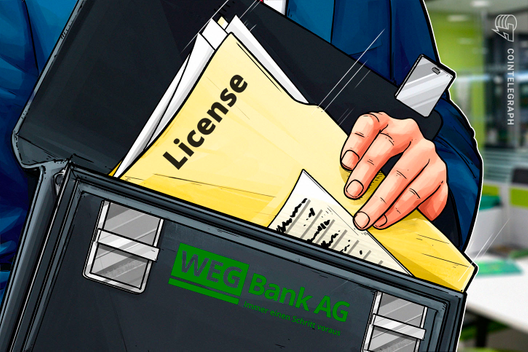South Korean Highways Will Have Blockchain-Powered Toll Payments
One of the biggest commercial banks in South Korea has partnered with the Korea Expressway Corporation for a blockchain-based toll system.
953 Total views
16 Total shares

KEB Hana Bank, one of the biggest commercial banks in South Korea, reached an agreement with the state-backed highway operator, the Korea Expressway Corporation, to bring blockchain-based toll payments system across the nation’s highways.
According to D Daily, the project is expected to launch before the end of the year. The system will connect KEB Hana’s smartphone banking app, Hana One Q, for motorists to arrange their toll payments, defer them, or even receive toll fee refunds.
The report states that both parties involved in the deal reached to implement the blockchain solution aim to remove the cash-based or credit card payments, in part due to the COVID-19 pandemic that encourages them to offer contactless solutions.
The Korea Expressway Corporation and KEB Hana Bank want to use blockchain to share data to strengthen synergies along with the payment system project.
Strengthening contactless payments’ adoption
Kwang-Ho Lee, head of the sales division at Korea Expressway Corporation, commented on the announcement:
“We will continue to expand customized non-face-to-face (contactless) services to the public by applying blockchain technology, which is part of the Korean version of the digital new deal policy to lead the global economy after the coronavirus.”
The Ministry of Science and ICT and the Korea Internet & Security Agency approved the deal. KEB Hana also got a nod for its blockchain mobile electronic verification program from the same agencies last year.
Recently, the South Korean government unveiled its intent to invest over $48.2 billion in Blockchain and other Industry 4.0 technologies by 2025. The nation’s goal is to promote the digitization of all industries in the coming post-pandemic era.
Andong, a city in the Gyeongbuk province of South Korea, announced on July 7 that they’d been granted a permit to operate a free trade zone for industrial hemp.









